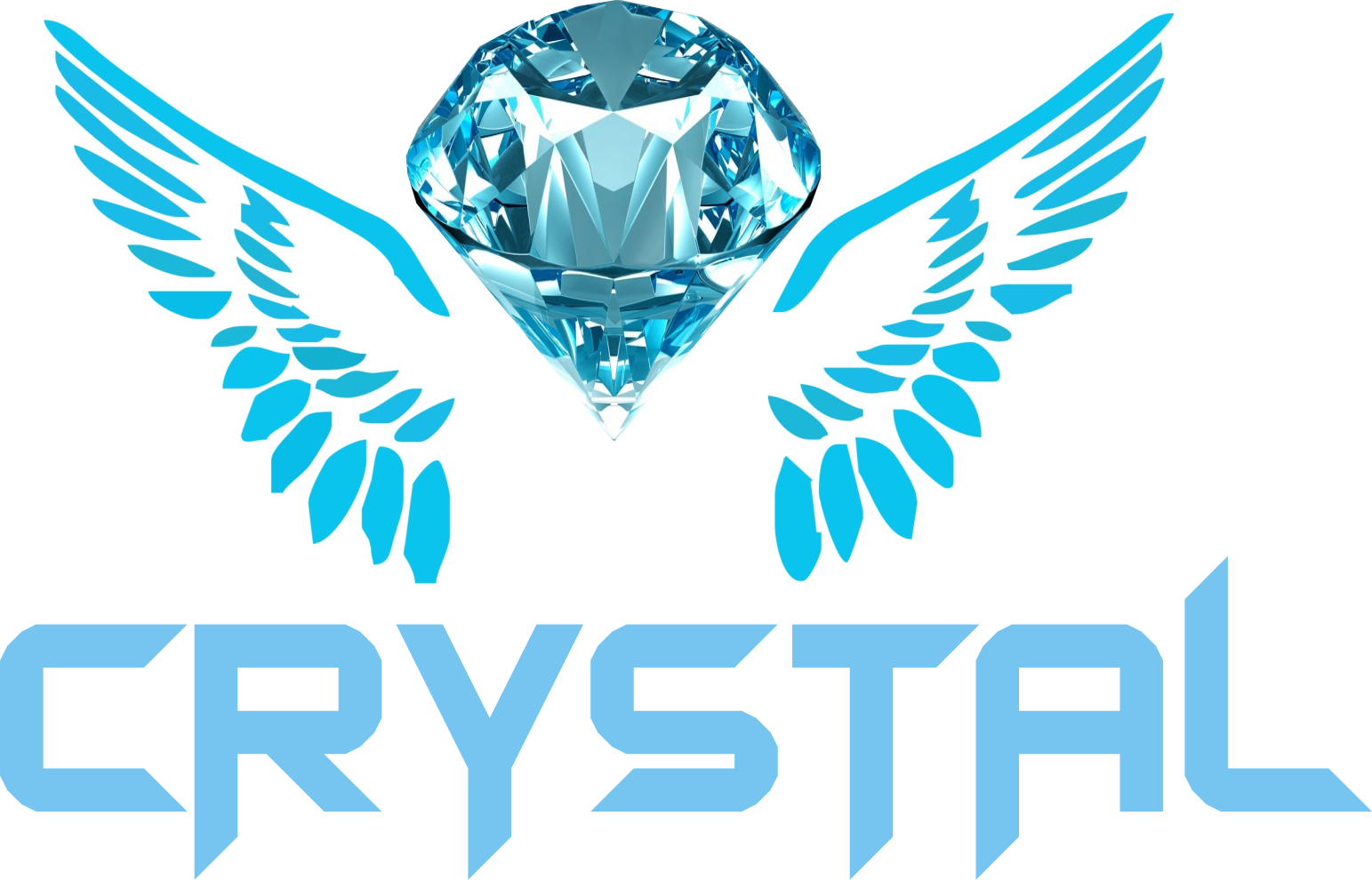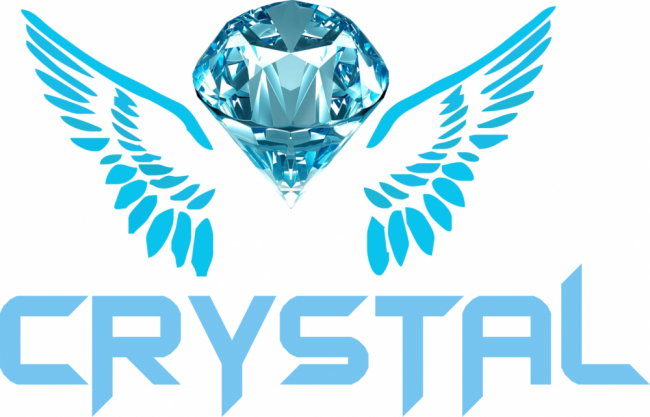
-Story by Joy Agamah
Oando Plc, Africa’s leading energy solutions provider listed on the Nigerian Stock Exchange (NGX) and Johannesburg Stock Exchange (JSE) is pleased to announce that the Company has emerged winner of the ‘Deal of the Year’ award at Africa Energy Week (AEW) 2024.
The Africa Energy Chamber (AEC), the organisers of the annual week-long oil and gas conference, hosted and recognised different stakeholders at a Gala and Award night held at the Cape Town International Conference Centre (CITCC), on Tuesday, 5 November, 2024.
In a category comprising other high-profile deals in the sector and across Africa, Oando won the award in recognition of the Company’s recently completed landmark $783 million acquisition of the Nigerian Agip Oil Company (NAOC) from the Italian Energy firm Eni on 22 August, 2024.
This acquisition, 10 years in the making since Oando’s initial entry into the ConocoPhillips/NAOC/NNPC Joint Venture (JV) in 2014 when the Company acquired ConocoPhillips Nigeria business, doubled the company’s stake in the JV to 40% and operator of the assets.
In receiving the award, the Company’s Group Chief Executive, Wale Tinubu, remarked “We are delighted and honoured to receive the ‘Deal of the Year’ award from Africa Energy Week. It’s been a remarkable year on many fronts. First, we marked our 30th anniversary as a business, then concluded our strategic plan to acquire our second IOC in a decade, Nigerian Agip Oil Company (NAOC) and step up to the role of operator.
“This award is more than just an accolade for a successful deal closure; it represents a public acknowledgement of the culmination of 30 years of grit, hard work, resilience, and sheer belief in our vision. It is a testament to my belief that with the #HumansOfOando, impossible is nothing. I’d like to thank the dream team, the #HumansOfOando, our financiers, and partners for their belief and role in making this award a reality.”
The acquisition is the culmination of a decade of preparation, strategic planning, and unwavering commitment to a vision of becoming Africa’s first indigenous International Oil Company.
It is a testament to the organisation’s 30-year journey spanning the entire energy value chain, with consistent and deliberate actions at each stage that have led to the advancement of indigenous participation in the industry.
The Deal of the Year award “recognises the most transformative and impactful deal in the energy sector – honouring excellence in negotiation, strategic alignment, innovation and collaboration – and celebrates deals that drive advancements in energy and economic growth.”
With this year’s AEW theme of “Invest in Africa Energies: Energy Growth Through an Enabling Environment”, the AEC, through the AEW Awards 2024, recognised other persons, International (IOCs) and National Oil Companies (NOCs) across the continent through awards in 10 categories.
Tinubu at the event also delivered a key note address with the topic, Transforming Africa’s Oil and Gas landscape through strategic Merger and Acqusition.
During the address he noted that indigenous companies contribute approximately 30% of the country’s crude oil production and hold around 40% of the total oil reserves. Additionally, they account for 60% of the country’s gas production and approximately 32% of gas reserves. This data underscores the growing significance of local players in the African oil and gas sector.
He also highlighted improvements in the business environment, citing the improved Ease of Doing Business driven by recent reforms that have attracted increased investments in energy. Tinubu pointed to the successful Implementation of the Petroleum Industry Act (PIA), which has established a regulatory framework that enhances transparency and boosts investor confidence.
Tinubu’s remarks included a call for enhanced collaboration among policymakers, investors, and oil and gas companies to foster the growth of indigenous firms through supportive regulations, financing access, and technology transfer. He urged stakeholders to focus on leveraging M&As to diversify and expand capabilities within the sector while emphasizing the need to strengthen Africa’s institutional and financing capacity for local firms.
As Oando continues on its growth trajectory, Tinubu’s insights served as a powerful reminder of the strategic importance of indigenous companies in Africa’s energy transformation and the collective effort required to drive sustainable development across the continent.

 Trending News4 years ago
Trending News4 years ago
 Others3 years ago
Others3 years ago
 Others5 years ago
Others5 years ago
 Humanity3 years ago
Humanity3 years ago
 Business7 months ago
Business7 months ago
 Business2 months ago
Business2 months ago





